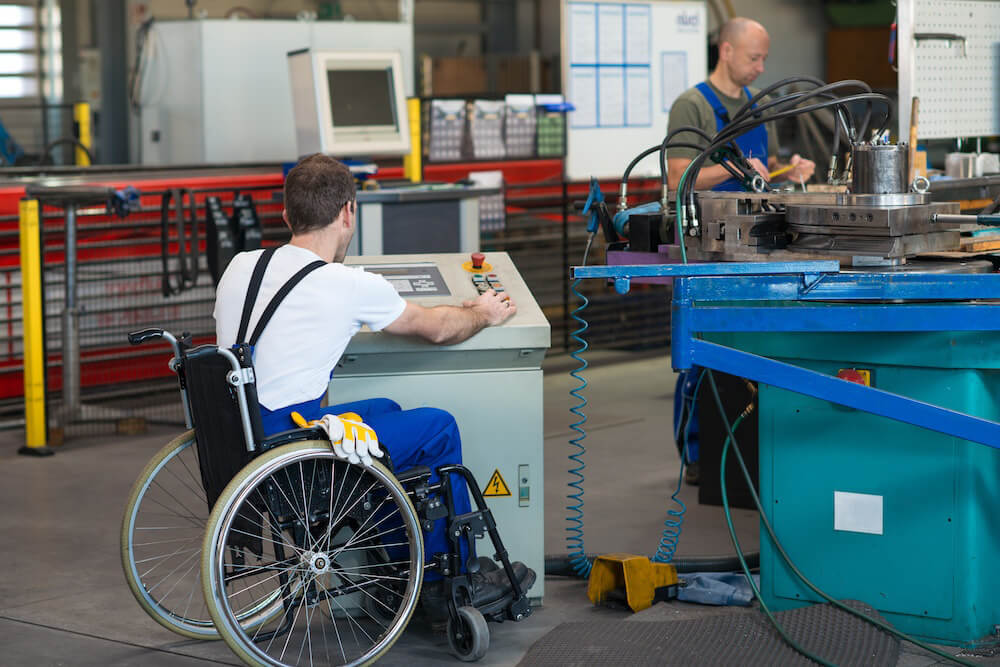
While an employer’s duty to accommodate may fall into one of 13 categories recognised under the Canadian Human Rights Act, in a return to work context we are most likely looking at disability.
It’s not about employee preference, but about preventing an employer from discriminating against an employee’s disability. So, an employee complaining about an uncomfortable chair is one thing if they simply don’t like it, but another if a medical condition means they are unable to use it.
In a case where an employee is returning to work, it’s probably more than just not liking a chair. It may involve an injury that permanently prevents a person from seamlessly stepping back into their old role.
How Far Does an Employer Need to Go?
There are limits to how much an employer can be expected to accommodate. They can’t be required to create an unnecessary job, for instance, and there are legitimate means by which a person’s inability to perform some task can disqualify them from a job — a person medically unable to hold a driver’s license is not entitled to a job that involves driving.
These cases are when said ability is a bona fide occupational requirement. If a job role intrinsically requires it, you don’t need to accommodate — though you may need to find an alternate role.
The other thing to keep in mind is an employer does not need to go so far that an accommodation would cause undue hardship, although that can be hard to define in particular cases. If a small business without the means to renovate an old building finds themselves with a demand to install expensive accessibility equipment, they may not need to follow through.
Making a Concerted Effort to Accommodate
Every case is different and there’s no authoritative formula. If something is found to cause undue hardship, it will be a balance of costs, ability to pay, health, safety, the facilities, severity of accommodation and even more factors.
Many accommodations can be easy to implement. It could be an inexpensive wheelchair ramp, access to an additional short break or two, or more ergonomic equipment.
But the tougher cases can really trip up an employer. When someone is physically unable to do some or all of their job, says they can no longer lift things, requires unreasonably flexible shifts, or any combination of a number of other more difficult demands, it’s not an easy question to answer.
These issues only compound when you’re unsure of what the medical issue is, how severe it is, or even if the employee might be exaggerating or being misled about their condition.
Better Understand your Options with an Independent Medical Examination
Until a company gets an Independent Medical Examination (IME), all they often have to go on are the notes the employee brings from their GP.
What companies may not know is that they are able to get an independent opinion. An Independent Medical Examination allows you to have the employee undergo another examination by a more relevant specialist. IMEs promote clarity on the underlying issue, as well as expediting resolution.
Rather than negotiating back and forth as to what an employer must provide and when the employee is fit to return and wasting potentially months of your time, you can get a more relevant medical opinion and use it to guide any accommodations you may need to make.
Our Medical Director Dr. Roger Hodkinson is always available for a no-obligation chat. If you think you might benefit from the clarity of an IME, call +1 780 433 1191 or email.
Employer? Don’t stop here: learn what else Independent Medical Examinations can do.

